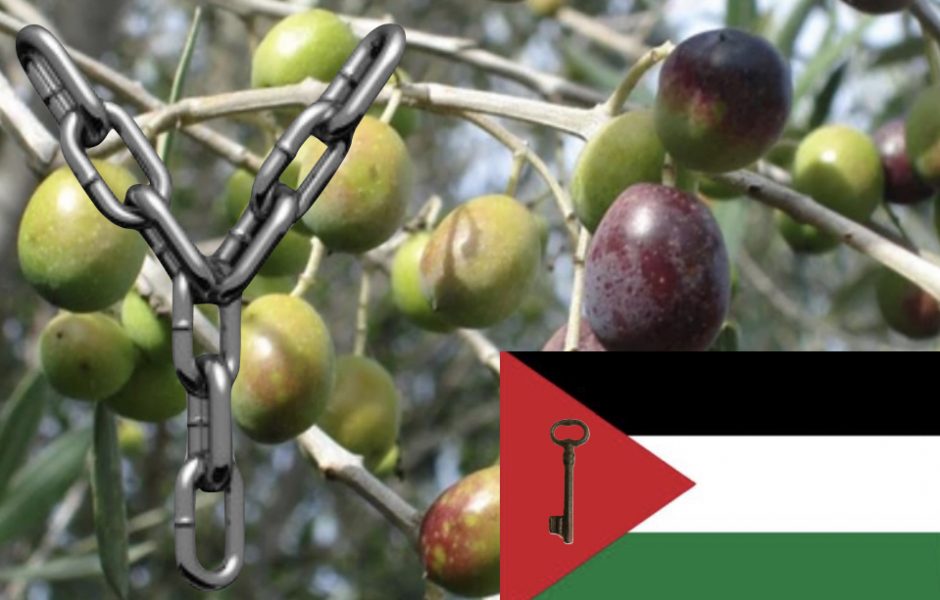Phalapoem editor, 12/10/25

The ceasefire came like a rumor — soft, uncertain, and almost impossible to believe after so 2 years of Israeli genocide. In the refugee camps, in the crowded tents along the southern border, people did not cheer at first. They simply listened. For the first time in nearly two years, the skies were quiet.
When word spread that it was safe to return north, families gathered their few belongings: a pot, a blanket, a bag of bread. Children clung to their parents as they began the long walk back to what was once home.
What they found was silence and ruin. Streets that had once been filled with laughter and markets were unrecognizable — whole blocks turned into gray deserts of rubble. The air carried the sharp smell of dust and smoke. Somewhere beneath the broken walls, a piece of each family’s history was buried — a wedding dress, a Qur’an, a photograph.
“We’re Home, Even in the Rubble”
In the shattered remains of Shuja’iyya, Umm Khaled stood where her kitchen had been. Only the iron frame of a window was left. She picked up a cracked teacup from the ground and wiped it with the edge of her scarf. “We will make tea again,” she said, her voice trembling, “even if there are no walls around us.”
Around her, neighbors worked together — clearing debris, patching holes with scraps of plastic, building temporary roofs from metal sheets. There was no government, no electricity, no clean water, and yet there was a fierce determination. “They thought we would leave,” one young man said, “but where would we go? This is our land. We are not guests here.”
For many Gazans, simply staying has become a form of resistance. Through bombardment, siege, and hunger, they have held on to their small piece of earth, believing that survival itself is defiance.
The Shadow of Occupation
In parts of northern Gaza, residents returning to their homes still faced Israeli patrols and checkpoints. Some reported soldiers entering houses, searching rooms, shouting orders. People were told not to gather, not to sing, not to celebrate.
It felt, many said, as though even their relief was forbidden. “They destroyed everything we love,” said Yusuf, a schoolteacher, “and when we finally stopped running, they told us not to smile. It is as if only their joy matters, and ours must be silent.”
The war had ended on paper, but the occupation — its presence, its weight — remained everywhere: in the shattered power lines, in the absence of clean water, in the haunted eyes of the children who wake up screaming at night.
The Unanswered Questions
Human rights workers walking through the ruins documented the same patterns of Israeli war crimes seen before: bombed schools, collapsed hospitals, entire families buried beneath their homes. International law was supposed to prevent this — to protect civilians, to hold armies accountable. Yet for Gaza, justice has been a promise too often broken.
Many ask: how can a people be both victim and prisoner, starved and bombed, while the world looks on? How can law exist if those who violate it never face consequence? The rubble seems to whisper those questions louder than any voice can.
The Spirit That Endures
And yet, somehow, Gaza breathes. Children run through the ruins, chasing kites made of torn plastic bags. A few women bake bread in makeshift ovens, the smell of warm dough cutting through the scent of smoke. Artists paint the broken walls with doves, keys, and words of hope.
When asked how they endure, one young mother smiled faintly and said, “Because if we stop living, they win. Every breath we take here is our answer.”
Even amid the ruins, there is a stubborn beauty — a refusal to surrender the soul of a people.
Epilogue
Night falls over Gaza. The city glows dimly under candlelight. Families gather to share stories, their voices weaving together the memory of what was and the dream of what might still be.
No one knows what tomorrow will bring. But one thing is certain: Gaza remains. Its people, scarred but unbroken, continue to live — not as ghosts of genocide , but as witnesses of endurance, proof that even in the darkest places, humanity refuses to die.
